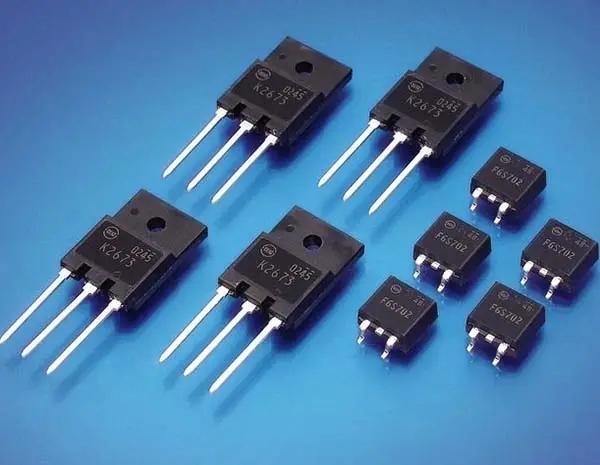Powering Up Electric Vehicles: The Role of MOS and IGBT Transistors in EV On-Board Chargers
Sep 22,2023 | TCcharger

Electric vehicles (EVs) are revolutionizing the automotive industry with their environmental benefits and advanced technology. At the heart of an EV's charging system lies the On-Board Charger (OBC), a critical component responsible for converting external AC power into DC power for charging the high-voltage battery. Two essential semiconductor devices, the MOSFET (Metal-Oxide-Semiconductor Field-Effect Transistor) and the IGBT (Insulated Gate Bipolar Transistor), play a crucial role in the operation of OBCs. In this blog post, we will explore the applications of MOS and IGBT transistors in EV OBCs and their significance in ensuring efficient and reliable charging.
MOS Transistors in EV OBCs
-
Power Conversion: MOS transistors are widely used in EV OBCs for their high switching speed and efficiency. They are employed in the rectification stage of the OBC, where they convert incoming AC power into DC power. MOSFETs provide fast switching capabilities, reducing power losses during the conversion process and ensuring efficient energy transfer.
-
Voltage Regulation: MOSFETs are also used in voltage regulation circuits within OBCs. They help maintain a stable DC voltage output, ensuring that the high-voltage battery receives the correct charging voltage. This precision is crucial for preventing overcharging and maximizing battery life.
-
Protection and Safety: MOSFETs are incorporated into protection circuits within OBCs to safeguard against overcurrent, overvoltage, and short-circuit conditions. Their fast response times enable rapid shutdown in case of a fault, preventing damage to the OBC and ensuring user safety.
IGBT Transistors in EV OBCs
-
High Voltage Handling: IGBTs are preferred in the high-voltage sections of EV OBCs due to their ability to handle high voltage levels. They are commonly used in the DC-DC conversion stage, where high-voltage DC power from the rectification stage is further adjusted to match the charging requirements of the battery pack.
-
Switching Efficiency: IGBTs are chosen for their optimal trade-off between the low conduction losses of a bipolar transistor and the high switching speed of a MOSFET. This balance is critical for minimizing power losses while ensuring reliable switching, particularly in high-power applications.
-
Thermal Management: IGBTs generate heat during operation, and effective thermal management is essential to prevent overheating. EV OBCs incorporate advanced cooling systems to maintain IGBTs at an optimal temperature, ensuring their reliability and longevity.
Conclusion
MOS and IGBT transistors are vital components in the On-Board Chargers of electric vehicles. They enable efficient power conversion, voltage regulation, and protection mechanisms, ensuring the safe and reliable charging of high-voltage battery packs. As the electric vehicle industry continues to grow, innovations in semiconductor technology will likely lead to even more efficient and compact MOS and IGBT transistors, further improving the performance and sustainability of EV charging systems. These advancements will continue to drive the electrification of transportation and reduce our carbon footprint.



